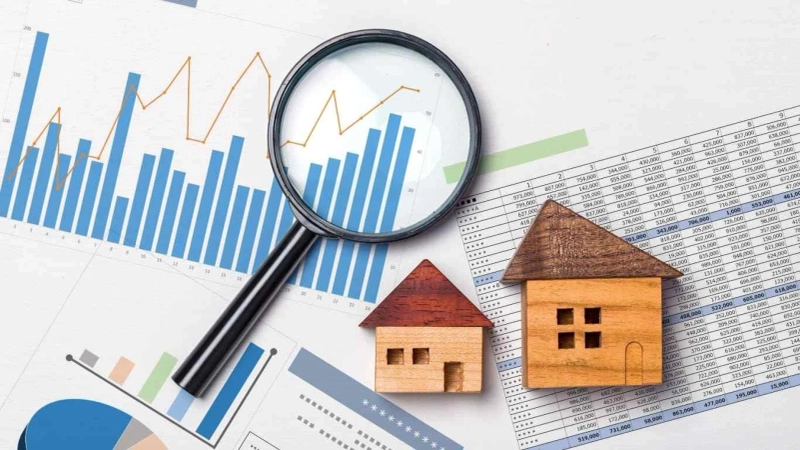Commercial appraisers are integral to the fabric of the real estate industry. They play a crucial role in evaluating the market value of commercial properties, including office buildings, retail spaces, industrial sites, and multi-family residential units. Their work is essential for making informed investment decisions, securing financing, and ensuring fair market practices.
The Growing Importance of Sustainable Urban Development
As urban areas continue to expand, the focus on sustainable development has become more prominent. Sustainable urban development aims to create cities that are environmentally friendly, economically viable, and socially inclusive. This approach considers the long-term impact of development on the environment and the community, promoting practices that reduce carbon footprints, conserve resources, and enhance the quality of life.
The Role of Commercial Appraisers in Sustainable Development
Commercial appraisers play a vital role in promoting sustainable urban development. By incorporating sustainability criteria into their valuation processes, they help ensure that properties with green features and energy-efficient designs are accurately valued. This not only encourages the adoption of sustainable practices but also helps attract investment in green buildings.
Evaluating Sustainable Features
When appraising commercial properties, appraisers consider various sustainable features. These include energy-efficient HVAC systems, renewable energy installations, green roofs, and sustainable building materials. Properties that incorporate these features often have lower operating costs and higher market appeal, leading to increased value. Appraisers assess the long-term benefits of these features, including reduced energy consumption, lower maintenance costs, and potential tax incentives.
The Impact of Green Building Certifications
Green building certifications, such as LEED (Leadership in Energy and Environmental Design) and BREEAM (Building Research Establishment Environmental Assessment Method), play a significant role in the appraisal process. Properties with these certifications are recognized for their sustainability and often command higher market values. Commercial appraisers evaluate the criteria met by certified buildings, ensuring that their sustainable features are reflected in the property’s valuation.
Incorporating Market Trends and Data
Commercial appraisers utilize market trends and data to assess the value of sustainable properties accurately. They analyze comparable sales, rental rates, and occupancy levels of similar green buildings. This data-driven approach provides a comprehensive view of the market, helping appraisers determine how sustainability impacts property values. By staying abreast of industry trends, appraisers can provide clients with accurate and up-to-date valuations.
Challenges in Appraising Sustainable Properties
Appraising sustainable properties presents unique challenges. The lack of sufficient comparable sales data for green buildings can make it difficult to establish benchmarks. Additionally, the rapidly evolving nature of sustainable technologies means that appraisers must continuously update their knowledge and skills. Understanding the specific benefits and cost savings associated with sustainable features requires specialized expertise.
The Benefits of Working with Experienced Commercial Appraisers
Working with experienced commercial appraisers offers several advantages. They possess the knowledge and expertise to accurately assess the value of sustainable properties, ensuring that green features are appropriately reflected in the valuation. Experienced appraisers are also familiar with regulatory requirements and industry standards, reducing the risk of non-compliance and legal issues. Their insights and recommendations can help clients make informed decisions and maximize the value of their investments.
The Future of Commercial Appraisal and Sustainability
The future of commercial appraisal is closely linked to the growing emphasis on sustainability. As more investors and developers prioritize green buildings, the demand for accurate appraisals that consider sustainable features will continue to rise. Advancements in technology, such as data analytics and artificial intelligence, will further enhance the appraisal process, providing more accurate and efficient valuations.
Conclusion
Commercial appraisers are key players in the real estate industry, providing accurate and unbiased valuations of commercial properties. Their role is particularly important in promoting sustainable urban development, as they help ensure that properties with green features and energy-efficient designs are accurately valued. By incorporating sustainability criteria into their valuations, appraisers encourage the adoption of sustainable practices and attract investment in green buildings. As the focus on sustainability continues to grow, the expertise of commercial appraisers will be increasingly essential in shaping the future of urban development. Working with experienced and knowledgeable appraisers is crucial for anyone involved in the commercial real estate sector, ensuring informed decisions and successful outcomes.



